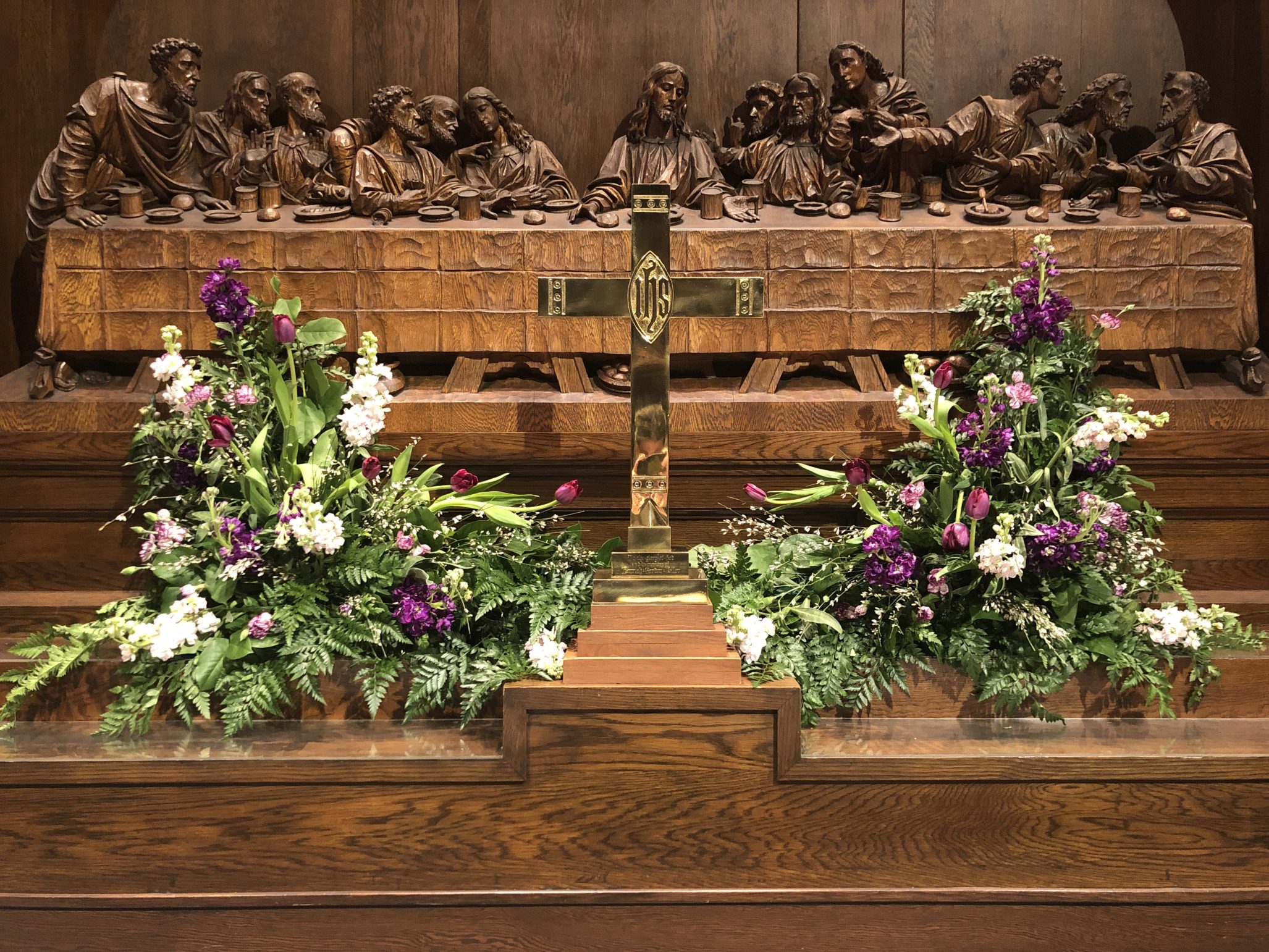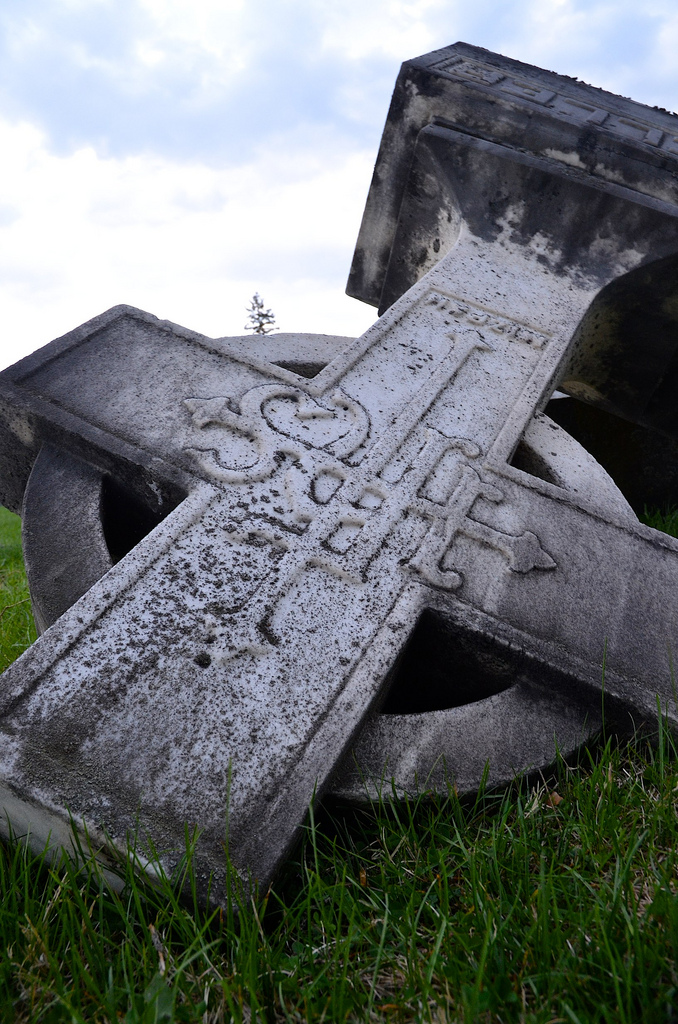Fifth Sunday after the Epiphany (February 9, 2020) – Audio
- Isaiah 58:1-9a (9b-12)
- Psalm 112:1-9 (10)
- 1 Corinthians 2:1-12 (13-16)
- Matthew 5:13-20
“Then your light shall break forth like the dawn, and your healing shall spring up quickly; your vindicator shall go before you, the glory of the LORD shall be your rear guard.” In the name of… ✠

This week on a Facebook group that I am a part of and where we discuss cultural and theological concepts, someone asked “Is it ever ethical to be dishonest with someone who is abusive or mentally ill?” It was posted on Friday morning and as of yesterday afternoon there were 109 thoughtful replies and comments. It is a challenging question and you can probably imagine the sorts of responses that it garnered. People brought up being in an abusive relationship and lying to the spouse to protect the children. Many brought up biblical examples like the Egyptian midwives who, when ordered to kill the Israelite boy babies as they were born, lied to the Egyptian rulers and said the babies were born before they ever arrived to care for the mothers, “So God dealt well with the midwives.”
I bring up this example because it serves to illustrate our complicated relationship with laws and mores. On the surface, they can seem quite simple and straightforward, and yet in practice we often find them far more complex.
Most Christians, echoing Paul, recoil at the idea of the law and laws with respect to our religion. There are few criticisms of Christians sharper than to label someone “legalistic.” The implication is that they are the sort of people more interested in doing the right thing, than being the right person. It is a tension as old as the Bible. Paul tells us that it is not by the law that we are saved, but rather through faith in Christ. James responds, “faith without works is dead.”
Certainly Jesus seems to push against the legalism of his day, he would do work on the Sabbath by healing, his disciples would eat on fast days, and was generally dismissive of the religious authorities. That is Jesus after all, isn’t it? Jesus was all about breaking the laws, tearing down the boundaries? Yet here he says,
5:17 “Do not think that I have come to abolish the law or the prophets; I have come not to abolish but to fulfill. 5:18 For truly I tell you, until heaven and earth pass away, not one letter, not one stroke of a letter, will pass from the law until all is accomplished.”
This doesn’t seem to fit with the narrative that we are used to in the church. The law was abolished on the cross and we live in the freedom of faith. After all, we do not deny ourselves bacon, do we? We do not sacrifice sheep and goats. The problem is that we tend to think in stark contrasts of “either/or.” It is Law or Grace, faith or practice. This chapter of Matthew and our reading from Isaiah make it clear that God is fully inclusive. Following God is a “both/and” proposition.
In Isaiah, the people are frustrated with God, they have been fasting and praying, doing all the right things, and yet God does not seem to be answering them. 58:3 “‘Why do we fast, but you do not see [O Lord]? Why humble ourselves, but you do not notice?’ Look [says the Lord], you serve your own interest on your fast day, and oppress all your workers.” They may have been fasting on one day, but on the other days they were doing whatever benefited themselves, at the expense of others. It is not that they should not fast, but what they really needed to give up was their selfishness and greed.
58:6 Is not this the fast that I choose: to loose the bonds of injustice, to undo the thongs of the yoke, to let the oppressed go free, and to break every yoke?
We cannot simply go through the motions of worship and expect God to respond. God is not some sort of divine juke box. God insists, not that we keep the details of the law, but that we fulfill the intent of God’s law. We are to live a holy life, not just have holy practices. When we follow God’s law (not our own), then we become the light of the nations. Coming to services, receiving communion, fasting and praying are import parts of our formation and development as disciples of Christ, but they are meaningless if our actions do not reflect the transformation of God in our lives.
Now, when our motivations match God’s will then the actions of our lives are holy and life giving. Instead of denying ourselves food for a day to show our piety and ask for God’s mercy and help, we give food to the hungry, clothe the naked, and bring the homeless into our homes, and we become God’s mercy in the world. “58:8 Then [says God] your light shall break forth like the dawn, and your healing shall spring up quickly.”
The Law of God is always to be life-giving. Even when the sacrificial elements are no longer required, we are still called by Jesus to follow God’s ethics, not human ethics. Jesus reminds us that we are to remain as salt and light in the world. Being disciples of Christ means that we are to be distinct from the world and that means that our lives should not look like the world around us. Rather our lives and the life of our community should exemplify what it means to follow God in action and in spirit. Such discipleship is, in fact, harder than following any law since it is about our heart, not our actions.
As we will read next Sunday, Jesus’ speech continues as he tells us what it means to truly fulfill the Law.
Matt 5:21 “You have heard that it was said to those of ancient times, ‘You shall not murder’; and ‘whoever murders shall be liable to judgment.’ 22 But I say to you that if you are angry with a brother or sister, you will be liable to judgment.”
This is what it means to be a follower of Christ, to be the light in the world. The law is no longer imposed upon us, but we are called to go beyond the Law. “You shall not murder” isn’t good enough any more. Now, Jesus says, we are not to even be angry with a brother or sister. I don’t know about you, but just this week I have not fulfilled this (and today is yet young!). Jesus says we are not even to call someone a “fool!” I honestly don’t know if I could “fast” from that. But I should, I need to and I am called to that life, and that is what it means to be a disciple of Christ.
“All things are permissible,” says Paul, “but not all things are beneficial.” Saved through faith in Christ’s sacrifice by the grace of God, we are not imprisoned by the law, our salvation does not depend upon what we do. But our Savior calls us to do as he has done for us.
In Christ, the law passes away as our ruler and instead becomes our rule, our way of life.
Set us free, O God, from the bondage of our sins, and give us the liberty of that abundant life which you have made known to us in your Son our Savior Jesus Christ; who lives and reigns with you, in the unity of the Holy Spirit, one God, now and for ever. Amen.





